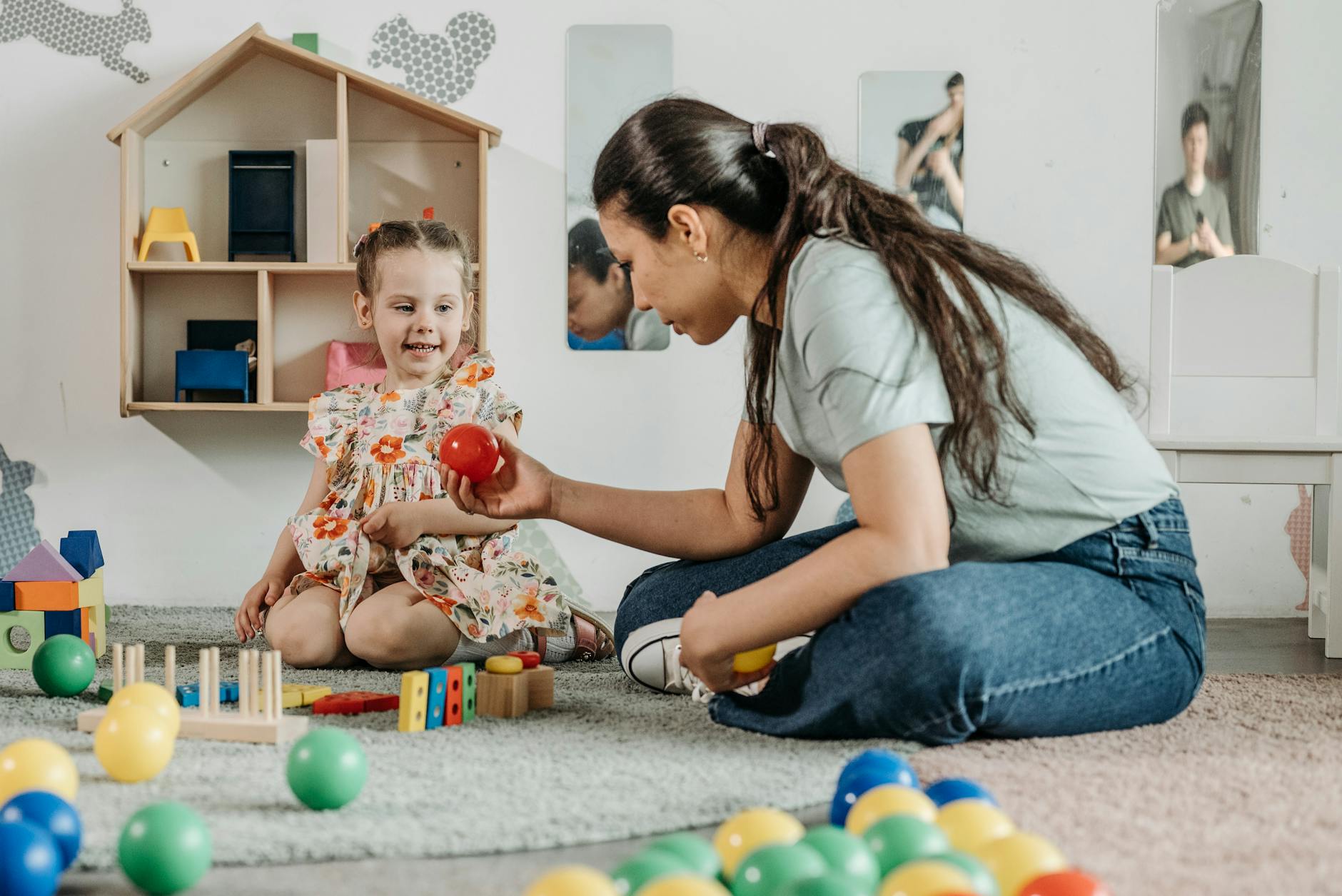The Impact of Art Education on Cognitive Development in Children

Enhancing Creativity and Critical Thinking
Art education plays a crucial role in fostering cognitive development in children. By engaging in various artistic activities such as drawing, painting, and sculpting, children are able to enhance their creativity and critical thinking skills. Through the process of creating art, children learn how to think outside the box, solve problems creatively, and express themselves in unique ways.
Boosting Emotional Intelligence
Art education also helps children develop emotional intelligence. By exploring their feelings and emotions through art, children can gain a deeper understanding of themselves and others. They learn how to manage their emotions, communicate effectively, and develop empathy towards others.
Improving Fine Motor Skills and Hand-Eye Coordination
Engaging in art activities such as drawing and painting helps children improve their fine motor skills and hand-eye coordination. These activities require precision and control, which in turn strengthen the muscles in their hands and fingers. As a result, children develop better control over their movements and improve their hand-eye coordination.
Fostering Self-Confidence and Self-Expression
Art education provides children with a platform to express themselves freely and creatively. When children create art, they are able to communicate their thoughts, feelings, and ideas in a non-verbal way. This process of self-expression helps children build self-confidence, develop a sense of identity, and express themselves authentically.
Conclusion
Overall, art education has a profound impact on children's cognitive development. By engaging in artistic activities, children enhance their creativity, critical thinking, emotional intelligence, fine motor skills, hand-eye coordination, self-confidence, and self-expression. It is essential to prioritize art education in schools and communities to support the holistic development of children.




